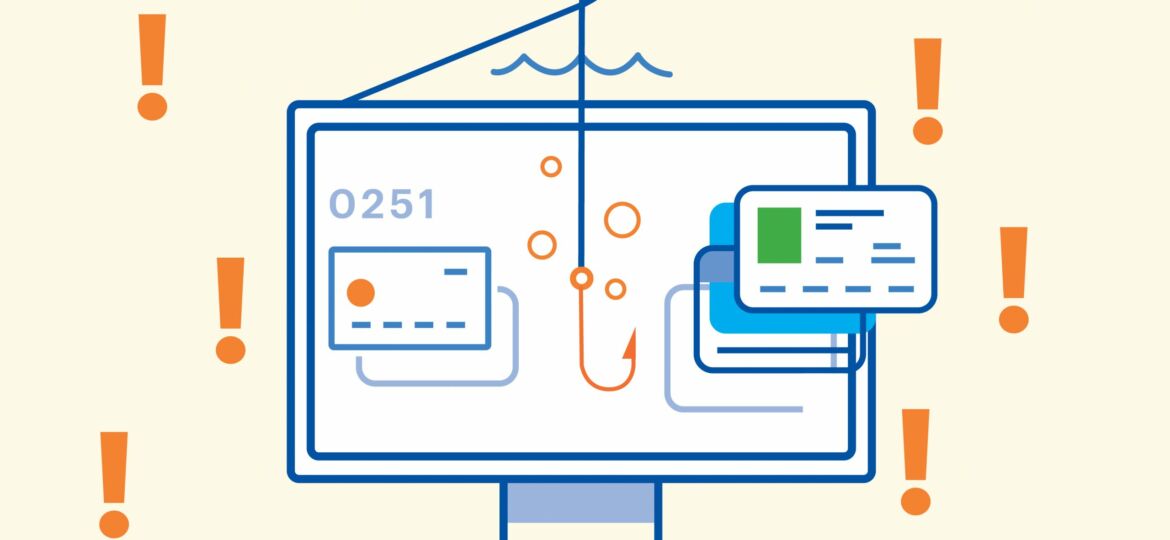Cybercriminals are taking advantage of the coronavirus (COVID-19) to scam people with phishing emails. They’re using scare tactics and often pretending to be reputable brands and organizations to fool people.
Phishing is a type of cybercrime that targets individuals by email, telephone, or text message. Phishers lure individuals into providing data such as personal information, banking and credit card details, and passwords — usually by clicking on a malicious link or attachment.
Many of us may have questions and concerns about the virus and cybercriminals are exploiting that by sending emails branded to look like they are from the Centers for Disease Control (CDC) and World Health Organization (WHO).
Other similar scams include fraudulent orders and invoices for face masks, hand sanitizer and other products in high demand during an illness outbreak.
What can you do to avoid falling prey?
- Be mindful of emails claiming to be from government agencies.
- Refer to reputable sources, like the CDC, for the most accurate information.
- Search for the CDC and WHO sites in your browser rather than clicking on an email link.
- Stay vigilant. Cybercriminals are using fake logos, email signatures and faking email addresses to appear legitimate.
- If available, report all suspicious emails as phishing through your email client.


